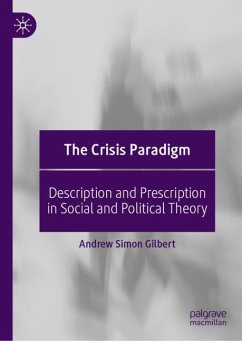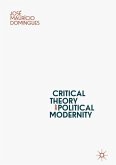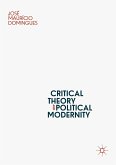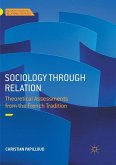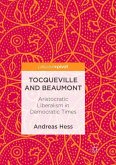This book examines how 20th century theorists have used a discourse of "crisis" to frame their conceptualizations of modernity. Through an investigation of four key thinkers (Georg Lukács, Hannah Arendt, Reinhart Koselleck and Jürgen Habermas), Gilbert argues that scholars in the social sciences and humanities should be cautious of treating crises as explananda for research. Instead, the book calls for sociological analysis of the role of "crisis" within social scientific discourse, and examines how "crisis" has been used as a conceptual frame for legitimating theoretical agendas. Gilbert's "sociology of concepts" approach presents crisis as a paradigm of modern thought, and, more generally, reflects on how concepts can become the carriers of diverse intellectual traditions and debates.
The Crisis Paradigm will be of interest to students and scholars of social and critical theory, politics, sociology and history, as well as those working in thefields of media studies, communication and discourse analysis.
The Crisis Paradigm will be of interest to students and scholars of social and critical theory, politics, sociology and history, as well as those working in thefields of media studies, communication and discourse analysis.

